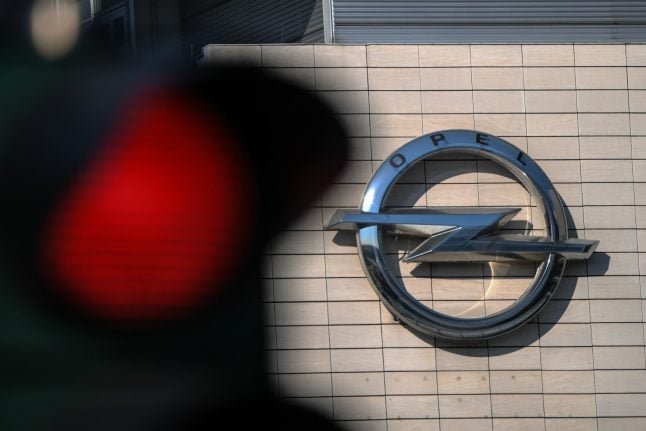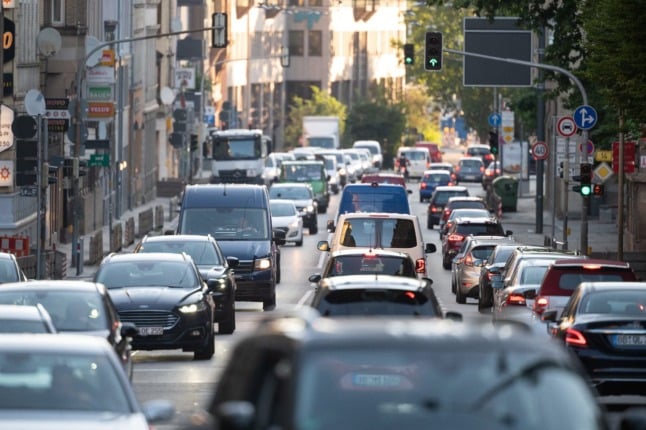The authority “ordered an obligatory recall on October 17th” for Opel Insignia, Cascada and Zafira diesels meeting the latest Euro 6 emissions standard manufactured between 2013 and 2016, saying they were fitted with an
“illegal 'defeat device'”.
Such software is designed to make vehicles appear less polluting during regulators' tests than in real on-road driving.
Opel has already begun voluntary refits to the 96,000 affected vehicles across Europe, a company spokesman told AFP, with some 43,000 yet to be updated.
SEE ALSO: German prosecutors raid Opel over diesel allegations
That means an officially-approved refit procedure exists that can quickly be applied to the recalled vehicles.
However, Opel has rejected the KBA's finding that its vehicles performed illegally, and said Monday it would contest any compulsory recall order.
Opel this week became the latest German household name to suffer a police search at its headquarters in the wake of the “dieselgate” scandal, in which Volkswagen admitted in 2015 to installing defeat devices in 11 million vehicles worldwide.
Other prominent carmakers like Mercedes-Benz maker Daimler and BMW have already digested recalls of their own, while official probes into the emissions cheating are under way.
Meanwhile, German luxury automaker Daimler on Friday again cut its profit outlook for 2018, warning that costs related to polluting diesel engines would drag down earnings.
The Mercedes-Benz maker, which this year had to recall more than 770,000 diesel cars across Europe, said it now expected earnings before interest and tax (EBIT) to come in “significantly below” last year's figure.
The diesel saga erupted in 2015 when German rival Volkswagen admitted to installing “defeat devices” in 11 million diesels worldwide designed to dupe emissions tests and make the cars seem less polluting than they were.
Suspicions have since spread to other automakers as well.



 Please whitelist us to continue reading.
Please whitelist us to continue reading.
Member comments